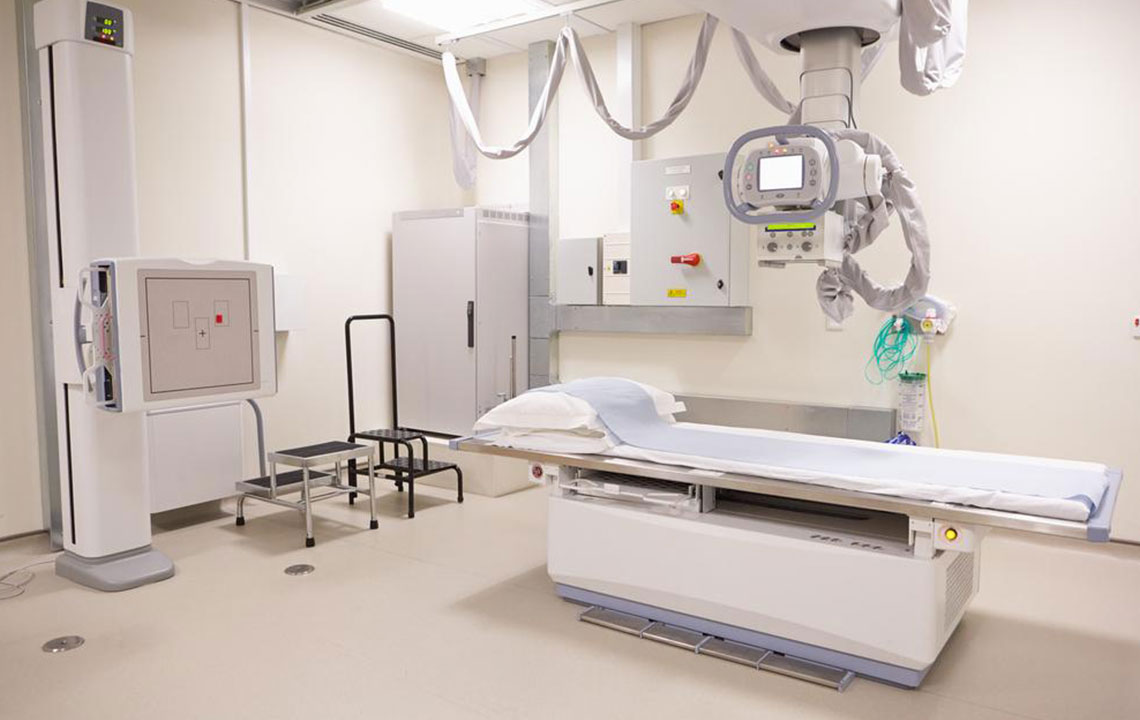Essential Guide to Selecting the Right Hospital for Your Healthcare Needs
Selecting the right hospital is vital for quality healthcare. This guide highlights essential factors such as reputation, location, specialization, accreditation, insurance, doctor expertise, nursing care, technology, and patient-centered services. Following these tips can help patients make informed decisions, ensuring they receive safe, effective, and personalized treatment in a trustworthy environment.

Essential Guide to Selecting the Right Hospital for Your Healthcare Needs
Prioritizing high-quality healthcare is vital to achieving optimal treatment results, reducing errors, and enhancing patient safety and satisfaction. Choosing the ideal hospital that aligns with your health requirements involves evaluating several factors. A reputable facility offers advanced medical technology, skilled healthcare providers, and comprehensive services—whether for routine checkups or specialized treatments. Following key tips can help you identify the best hospital for your needs and ensure you receive quality care.
Research Hospital Reputation
Assessing a hospital's reputation is crucial in determining if it meets your healthcare expectations. Government surveys and patient reviews provide insights into patient satisfaction, treatment outcomes, and safety standards. Additionally, examining hospital practices like electronic records management and modern imaging technologies can aid your decision. Consulting your family doctor for advice on safety records and treatment quality can also be beneficial.
Consider Proximity
Location plays a pivotal role when choosing a hospital, especially for urgent or regular visits. An easily accessible hospital close to your residence saves time and travel costs. Ensuring the facility is reachable via public transportation or within a reasonable distance is practical for both scheduled appointments and emergencies.
Seek Specialized Services
While many hospitals provide general healthcare, some require specialized care for conditions like cancer or cardiac issues. Look for facilities with dedicated departments and experienced specialists in these fields to ensure comprehensive treatment options are available.
Check Accreditation Status
Not all hospitals are equal in quality. Prioritize facilities accredited by recognized organizations such as The Joint Commission. Accreditation signifies compliance with safety and quality standards, providing confidence in the care you’ll receive.
Review Insurance Coverage
Understanding your insurance plan's coverage prevents unexpected expenses. Confirm which hospitals and doctors are in-network, clarify deductibles and co-payments, and verify whether pre-authorization is needed for specific treatments. Obtaining written confirmation from your insurer can streamline your hospital experience.
Discuss which hospitals are included in your insurance network to optimize benefits.
Understand the financial implications of in-network versus out-of-network services.
Check if pre-approval for procedures is required to avoid billing surprises.
Evaluate Medical Expertise
The qualification and experience of doctors significantly impact treatment success. Investigate the credentials of the medical staff and their areas of expertise. Hospitals with experienced and reputable doctors tend to offer more accurate diagnoses and advanced treatment options, though they might charge higher fees.
Ensure Quality Nursing Care
Complementing skilled doctors, compassionate and well-trained nursing staff enhance patient recovery and comfort. When evaluating long-term care facilities, high-quality nursing services are essential for overall well-being and effective treatment outcomes.
Utilize Modern Technology
Advanced medical equipment and diagnostic tools are indicators of a hospital’s capability. Facilities utilizing the latest technology, such as modern imaging and laboratory services, can diagnose and treat a broader spectrum of health issues more effectively.
Choose a Patient-Focused Environment
Select hospitals that prioritize personalized care and patient engagement. Facilities that involve patients and families in decision-making, provide emotional support, and tailor treatments to individual needs often result in better patient experiences and outcomes.










